TECHNICAL COMMITTEE BIOGRAPHY
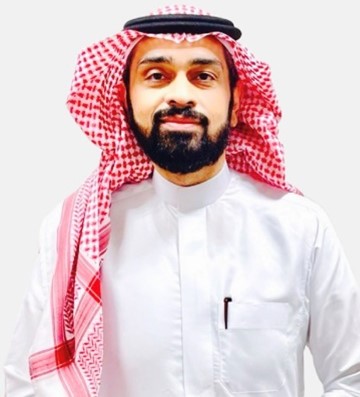
Position - President
Dr. Almathen is a geneticist; he received his master, in molecular genetics, from Leicester University, 2007, United Kingdom. He received his PhD, in Population Genetics, from University of Nottingham, United Kingdom, 2014. His PhD study was aimed to understand genetic structure of Arabian camel populations using genetic data of the global genetic diversity of the dromedary camel. He is now an assistant professor of animal genetic and breeding at college of veterinary medicine and director of camel research center at king Faisal university in Saudi Arabia. He is Vice Chairman of The International Camel Consortium for Genetic Improvement and Conservation (ICC-GIC). His current research interest is focusing on the identification and mapping of the genetic polymorphisms controlling phenotypic traits in livestock. He is interested in understanding how major past demographic events; culture and social practices shaped the genetic diversity, morphological variations and structure of Arabian camel populations using genetic data. Currently, he is interested in developing genetic markers for phenotypic traits through comparative genomic approaches across camel populations (e.g. milk or meat production, beauty phenotypes and disease resistances) He looks forward to developing and promote national and international research programs to address key need areas to improve camel performance and production capacity using advanced genetic markers technology and universal recording systems.
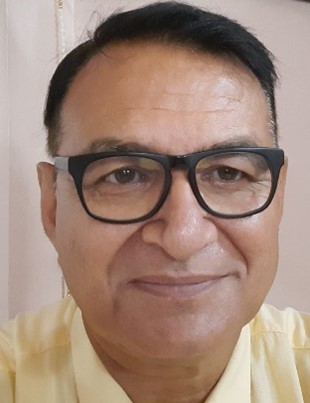
Position - Member
Dr. Tarun Kumar Gahlot, an eminent figure in Veterinary Surgery with Indian nationality, earned his Ph.D. in the field, establishing the foundation of his illustrious journey. His career reached its pinnacle when he assumed the esteemed role of Professor of Veterinary Surgery and Radiology since 2004. He has been associated with the Department of Veterinary Surgery and Radiology at the College of Veterinary and Animal Science, Rajasthan University of Veterinary and Animal Science, Bikaner, as well as the MJF College of Veterinary and Animal Science, Chomu, Jaipur. Dr. Gahlot's accolades encompass his editorial contributions to influential publications, the receipt of the "Camel Saviour Award 2010," accreditation as an International Camel Expert by prestigious organizations, and the pioneering development of camel surgical techniques. Dr. Gahlot's enduring commitment to veterinary science and pioneering contributions continue to shape the field.
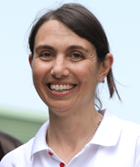
Position - Member
Dr Barbara Padalino graduated in Veterinary Medicine at the University of Bari (Italy) in 2002 and in 2017 completed her PhD entitled “Transportation of horses and the implications for health and welfare” at the University of Sydney, Australia and in 2022 became a Diplomate of the European College in Animal Welfare, Ethics and Law. She is currently an Associate Professor of Animal Science at the University of Bologna, Italy, and a member of the Animal health and welfare panel of the European Food Safety Authority (EFSA). Her research interests span several topics from camel behavior and welfare to equine internal and sports medicine. She has written more than 200 publications in peer-reviewed international journals and conference proceedings on those topics, and she is one of the editor of the book entitled Camel Welfare. She is currently leading several research projects aiming at enhancing animal health and welfare worldwide.
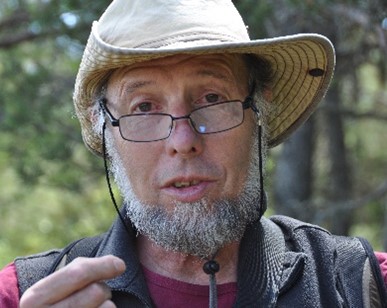
Position - Member
veterinarian, specialized in tropical veterinary medicine, PhD Paris University and HDR Montpellier University. Stay in Africa for 8 years (Ethiopia, Niger) for research and development activities (1975-1983) before joining National Institute of Agricultural Research (INRA) as director of ecopathology laboratory. Joining CIRAD (Centre for International Cooperation in Agricultural Research for Development) as Head of Animal Productions Program (1996), then as Scientific project manager (2007). Starting interest for camels in Ethiopia in 1975, studying mineral metabolism. Gradually, through his multiple research programs in cooperation and his international network of camel scientists (North, Western and Horn of Africa, Middle-East, India, Central Asia, Latin America), he founded the International Society for Research and Development on Camelids (ISOCARD) and was chairman from 2006 to 2009, then from 2018 to 2023. From 1998 to 2010, he managed a scientific cooperation with UAE university on the topic of “selenium metabolism in camel” including a PhD supervision. In 2010-2015, he was working in Saudi Arabia as FAO consultant in a camel research center. At present, emeritus researcher at CIRAD and independent international camel expert, he achieved several missions as FAO consultant for camel projects in Morocco, Mauritania and Oman. Author of more than 450 scientific publications, 340 communications in national and international conferences, 45 books and chapters in book, 210 technical reports and 12 scientific editions. Website: http://camelides.cirad.fr and http://www.isocard.net
%20Skidmore.jpg)
Position - Member
Dr Skidmore graduated with a BSc (Hons) in Animal Science, (Wye College, University of London, UK. 1985), before spending five years at the Equine Fertility Unit in Cambridge, as a research associate specializing in equine reproduction. In 1991 she registered with the University of Cambridge (U.K.) and joined the Camel Reproduction Centre as a post-graduate research student, and successfully completed her PhD, “Reproduction in the dromedary camel,” in 1994 (University of Cambridge, UK). Subsequently, she has remained as Scientific Director of the Camel Reproduction Centre in Dubai, leading a team of scientists covering all aspects of camel reproductive physiology and publishing papers in ovarian follicular dynamics, pregnancy and placentation, endocrinology throughout the cycle and pregnancy, maternal recognition of pregnancy, embryo transfer and management of recipients, hybridization of New and Old World Camelids and artificial insemination and semen preservation.
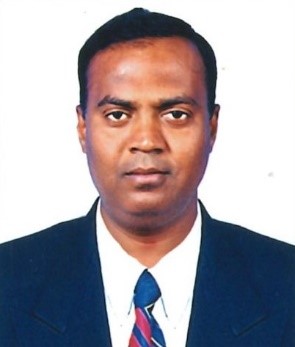
Position - Member
Dr. Gounalan Pavade is a distinguished veterinarian specializing in Veterinary Pathology. Serving as Scientific Coordinator for avian influenza and camel diseases at the World Organisation for Animal Health (WOAH) in Paris since 2010, he holds a vital role in coordinating scientific networks, providing technical support for animal and zoonotic disease control. With expertise in areas such as animal influenza, African swine fever, PPR, rabies, MERS-CoV, and camel diseases, Dr. Pavade's impact extends through published papers and representation of WOAH in global conferences. His contributions make him a pivotal figure in advancing the understanding and management of significant veterinary challenges worldwide
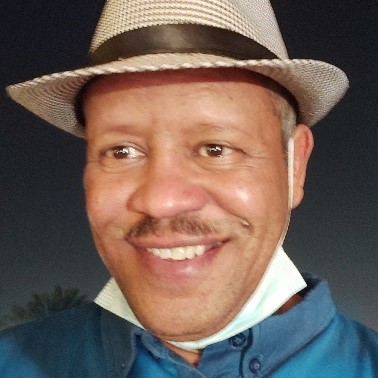
Position - Member
Abdelmalik I. Khalafalla obtained his Ph.D. from the University of Khartoum, Sudan in 1997, and received post-doctoral training as a veterinary virologist at the Federal Research Center for Virus Diseases of Animals in Tuebingen, Germany, from April 2001 to January 2003. With 15 years of teaching experience, Dr. Khalafalla has been a full professor at the University of Khartoum, Sudan, since 2004. He is currently an expert and professor of Veterinary medicine and Microbiology at the Biosecurity Affairs Division, Development & Innovation Sector of Abu Dhabi Agriculture and Food Safety Authority (ADAFSA), UAE. One of his significant accomplishments at ADAFSA was spearheading capacity building and research activities that led to the World Organization for Animal Health (WOAH) designating the ADAFSA veterinary laboratories as a Collaborating Center for Quality Management in Veterinary Laboratories in 2020 and a Collaborating Center in Camel Diseases in 2021. He published over 100 research articles, several book chapters, and a book on the Infectious Diseases of Camels (Springer Nature). He was the head of the Microbiology Department, Faculty of Veterinary Medicine, University of Khartoum in 2004 and the Director of the Camel Research Center in 2007. Between December 2009 to June 2012, he served as the Head of the Camel Development Program at the Arab Center for the Studies on Arid Lands and Dry Zones (ACSAD) as a camel development and health expert. From 2012 to 2015, he chaired ISOCARD, the International Society for Camelid Research and Development. He is currently a WOAH expert, a participant in three ad hoc groups on camelid diseases, MERS-CoV, and PPR status of countries, and a bureau member of the PPR Global Research and Expertise Network (PPR-GREN) of the FAO/WOAH (elected in 2021).
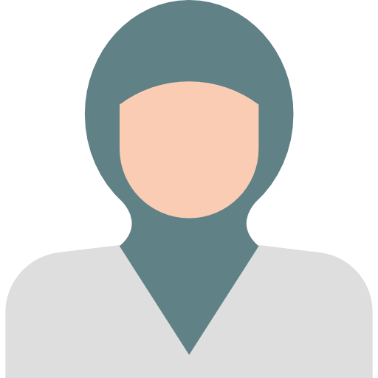
Position - Member
Amal AL Kharusi has PhD in Biology Sciences “The Prevalence and Risk Factors of Trypanosoma Infection in Camels in Northern Oman”.and MSc in Animal and Veterinary Sciences “Composition, Quality and Histology of Camel Muscles”. Her experience in Animal parasitology. In the last 15 years she works in camel production and diseases research. She has a publish book (Dromedary Camel Meat) and some Papers in Camel diseases. She currently works in Central Laboratory of Animal Health. Her interested is to study camel disease
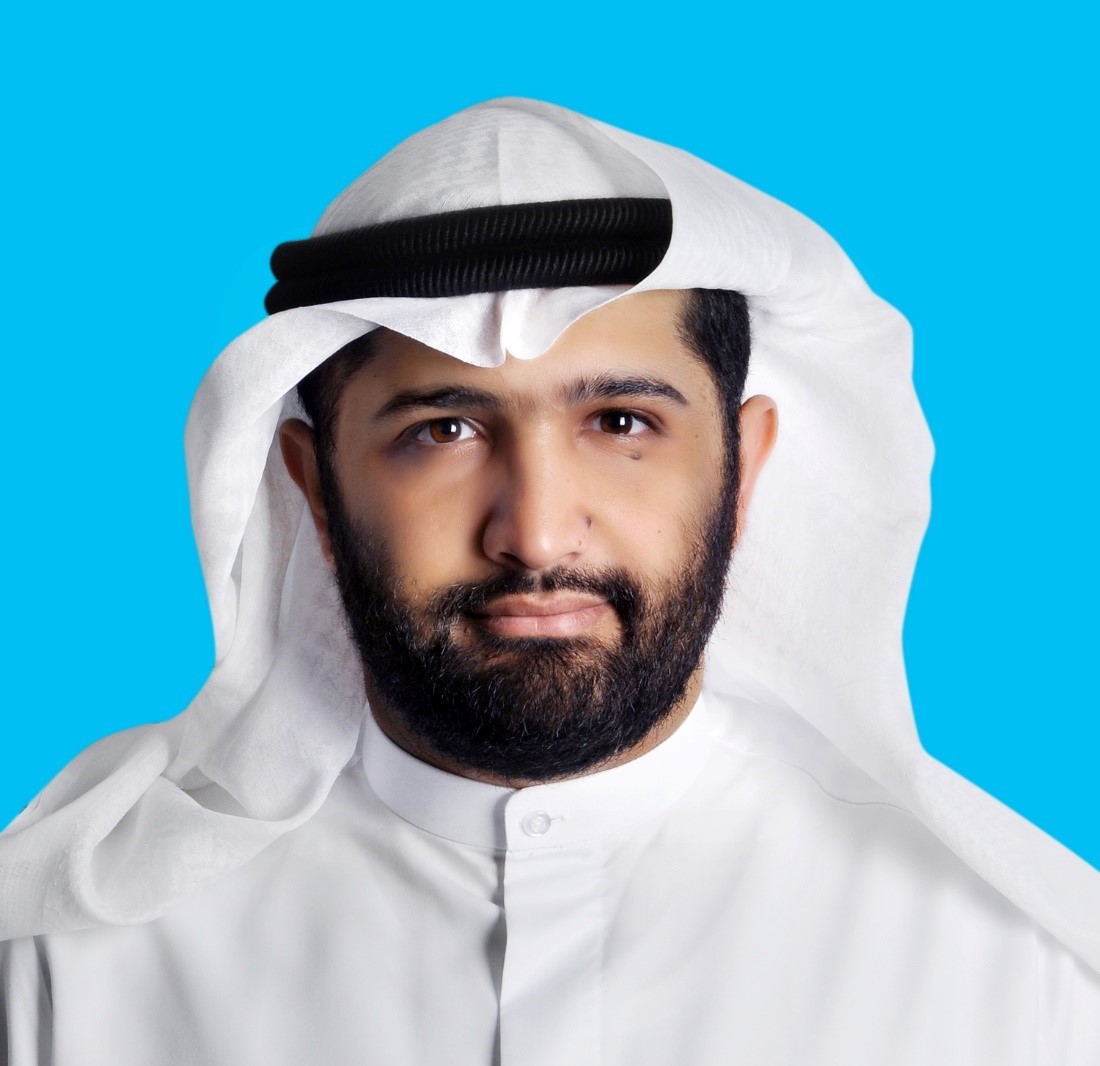
Position - Member
Dr. Abdulaziz Alateeqi, a Senior Research Associate at the Kuwait Institute for Scientific Research (KISR). He holds a Bachelor of Veterinary Medicine and Animal Resources (BVM&AR) from King Faisal University, Saudi Arabia, and has acquired postgraduate degrees in Public Administration; Public Health; and Health Education, Leadership, and Management. Throughout his diverse career, Dr. Alateeqi has fulfilled roles such as Veterinary Investigation Officer, Teaching Assistant in the Faculty of Medicine, and positions in regulatory affairs on animal research ethics at the Dasman Diabetes Institute. In the dairy industry, he significantly contributed to operations management at a Kuwaiti Dairy Farm, was elected Vice President of the Union of Fresh Dairy Producers in 2016, and later served as an ambassador for the Global Dairy Farmers network in 2017. Honored with the Almeria Veterinarian Prize by the Saudi Veterinary Medical Society in 2019, he was appointed National Coordinator for the Zoonotic Disease Integrated Action (ZODIAC) by the International Atomic Energy Agency (IAEA) in 2020, and subsequently joined the ZODIAC Ad-Hoc Scientific Panel. His extensive contributions to camel research encompass projects on camel products assessment, enhancing national camel production, and investigating camel genomes.
